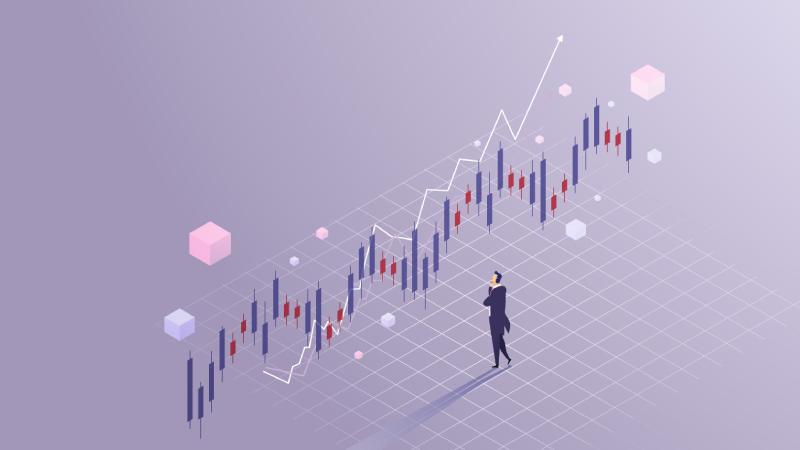
What Are the Key Differences Between a Market Maker and a Liquidity Provider?
Novice Forex brokers understand that they need to connect reliable liquidity providers. Otherwise, traders will face losses and choose other platforms to buy and sell their currencies. Meanwhile, newer business owners may confuse liquidity providers with market makers. Their roles are completely different. Let’s get into the terminology to understand the difference between a market maker and a liquidity provider.
What is the Forex Market?
First of all, you need to take a deeper look at the working mechanisms of the FX market, since this giant industry did not emerge from the air.
It is claimed that the market provides billions of people with the opportunity to buy and sell currency. By the way, you can not buy money from ‘anyone’; Therefore, Forex unites banks, mutual funds, hedge funds and other institutions related to finance. Because they keep the foreign exchange sector active, these large institutions are called market makers.
How Does It Work on a Cryptocurrency Exchange?
On crypto exchanges, transactions take place in the same way. With the limit orders created between the market maker and the market buyers, swap transactions are created and the trades are completed.
What is a Market Maker?
The term market maker refers to players who ‘make markets’. Banks, funds and other institutions are the foundation of the Forex market. They hold millions of dollars and other currencies, maintaining the highest foreign exchange turnover. Such a market cannot exist without market makers.
These big players buy and sell huge amounts of assets, influencing their odds and taking advantage of the differences.
The Role of Liquidity Providers
As for liquidity providers, they act as intermediaries between brokers and market makers. Brokerage firms should provide active traders with a large order book, especially when talking about the less in-demand pair. Insufficient order book volume leads to price shifts and gaps. Therefore, traders are faced with a situation where they cannot buy and sell money at the market price. Losses force traders to focus on other brokerage platforms where orders are executed instantly.
Liquidity Providers are companies that connect a brokerage with the largest banks and funds; This is why the order book receives tons of quotes and asks for orders for most of the trading pairs. Traders get access to zero spread (there is no difference between the bid and ask prices).
To sum up the difference between a market maker and a liquidity provider, keep in mind that their roles are different. Market makers act as a bridge between liquidity provider brokerage firms and market makers, while keeping the market active and responsible for currency inflows and outflows.
Tier 1 and Tier 2 Liquidity Providers
All of the above information and disclosures relate to Tier 1 liquidity providers. They connect a broker with the most powerful banks and funds (BNP Paribas, Goldman Sachs, JP Morgan, etc.). On the other hand, Tier 2 providers are also available, and beginning business owners need to understand their operating principles.
Tier 2 providers fall into the category of second-level liquidity providers. Such a provider acts constructively in the market. How is this possible? These liquidity providers provide intermediaries with access to a specific bank, Electronic Communications Network (ECN) or exchange. Brokers who collaborate with Tier 2 LPs are known as STP (Straight Through Processing) intermediaries. Traders’ orders are executed directly by a specific bank.
Why are Tier 2 LPs not the Best Option for Brokers?
1) When a provider connects your brokerage company to a specific bank, the order book is not as extensive as that Tier 1 LPs offer. 2) When talking about direct access to the ECN network, traders need to have at least $10,000 to enter the market.
That said, beginner brokers understand that in order to attract crowds of traders, they need to find a reliable Tier 1 LP that offers them the ultimate features.